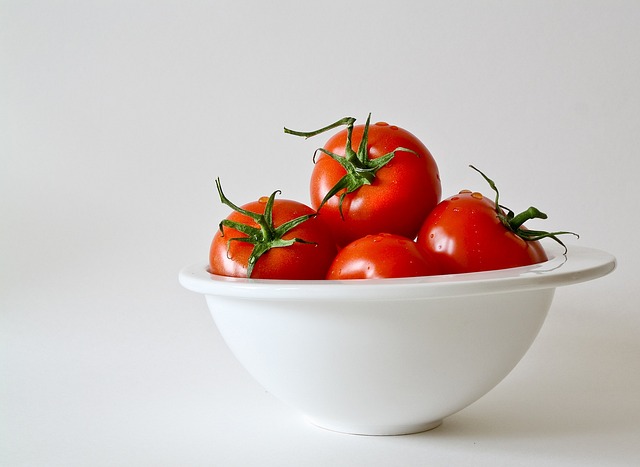A Recipe for Success: Incorporating Probiotic-Rich Foods into Your Daily Diet
Probiotics have gained increasing popularity in recent years for their numerous health benefits. These living microorganisms, often referred to as “good bacteria,” play a crucial role in maintaining a healthy gut and supporting overall well-being. While probiotic supplements are readily available, incorporating probiotic-rich foods into your daily diet is an excellent way to naturally boost your gut health.
What are Probiotics?
Probiotics are live bacteria and yeasts that are beneficial to your health, especially your digestive system. These microorganisms are found in various foods and supplements and work by promoting the balance of gut bacteria, improving digestion, strengthening the immune system, and aiding nutrient absorption.
The Benefits of Probiotic-Rich Foods
While probiotics are commonly associated with digestive health, their benefits extend far beyond the gut. Here are some of the top advantages of incorporating probiotic-rich foods into your daily diet:
- Improved Digestion: Probiotics help maintain a healthy balance of gut bacteria, which can improve digestion and alleviate common digestive issues such as bloating, gas, and constipation.
- Enhanced Immune Function: The majority of our immune system resides in the gut. By promoting a healthy gut environment, probiotics can strengthen the immune system and defend against harmful bacteria and viruses.
- Better Nutrient Absorption: Probiotics play a crucial role in breaking down and absorbing nutrients from the foods we eat, ensuring that our bodies receive maximum nutritional value from our diet.
- Reduced Inflammation: Imbalances in gut bacteria have been linked to chronic inflammation, which can contribute to various health conditions. Probiotic-rich foods help restore balance and reduce inflammation in the body.
- Mood Enhancement: Emerging research suggests a strong connection between the gut and brain health. Probiotics may support mental well-being and help alleviate symptoms of anxiety and depression.
Probiotic-Rich Foods to Include in Your Diet
Now that we understand the benefits of probiotics let’s explore some delicious and nutritious foods that are naturally packed with these beneficial microorganisms:
1. Yogurt
Yogurt is one of the most well-known and easily accessible probiotic-rich foods. Look for plain yogurts that contain live and active cultures. Avoid flavored varieties that are often high in added sugars. You can enjoy yogurt on its own, add it to smoothies, or use it as a creamy base for dressings and dips.
2. Kefir
Kefir is a fermented milk drink that offers a diverse range of probiotic strains. It has a tangy flavor and a consistency similar to drinkable yogurt. Kefir can be enjoyed on its own, blended into smoothies, or used as a buttermilk substitute in baking recipes.
3. Sauerkraut
Sauerkraut is fermented cabbage that undergoes a fermentation process, making it rich in Lactobacillus bacteria. It can be eaten as a side dish, added to salads, or used as a topping for sandwiches and wraps.
4. Kimchi
Kimchi is a traditional Korean side dish made from fermented vegetables, typically cabbage and radishes. It offers a spicy and tangy flavor. Kimchi can be enjoyed on its own or added to rice bowls, stir-fries, and even omelets.
5. Miso
Miso is a traditional Japanese seasoning produced by fermenting soybeans with salt and a specific type of fungus. It is commonly used to make miso soup but can also be used as a base for marinades, glazes, and salad dressings.
6. Kombucha
Kombucha is a fermented tea beverage that is highly popular for its probiotic content. It is made using a SCOBY (symbiotic culture of bacteria and yeast) and is available in a variety of flavors. Kombucha can be enjoyed as a refreshing







